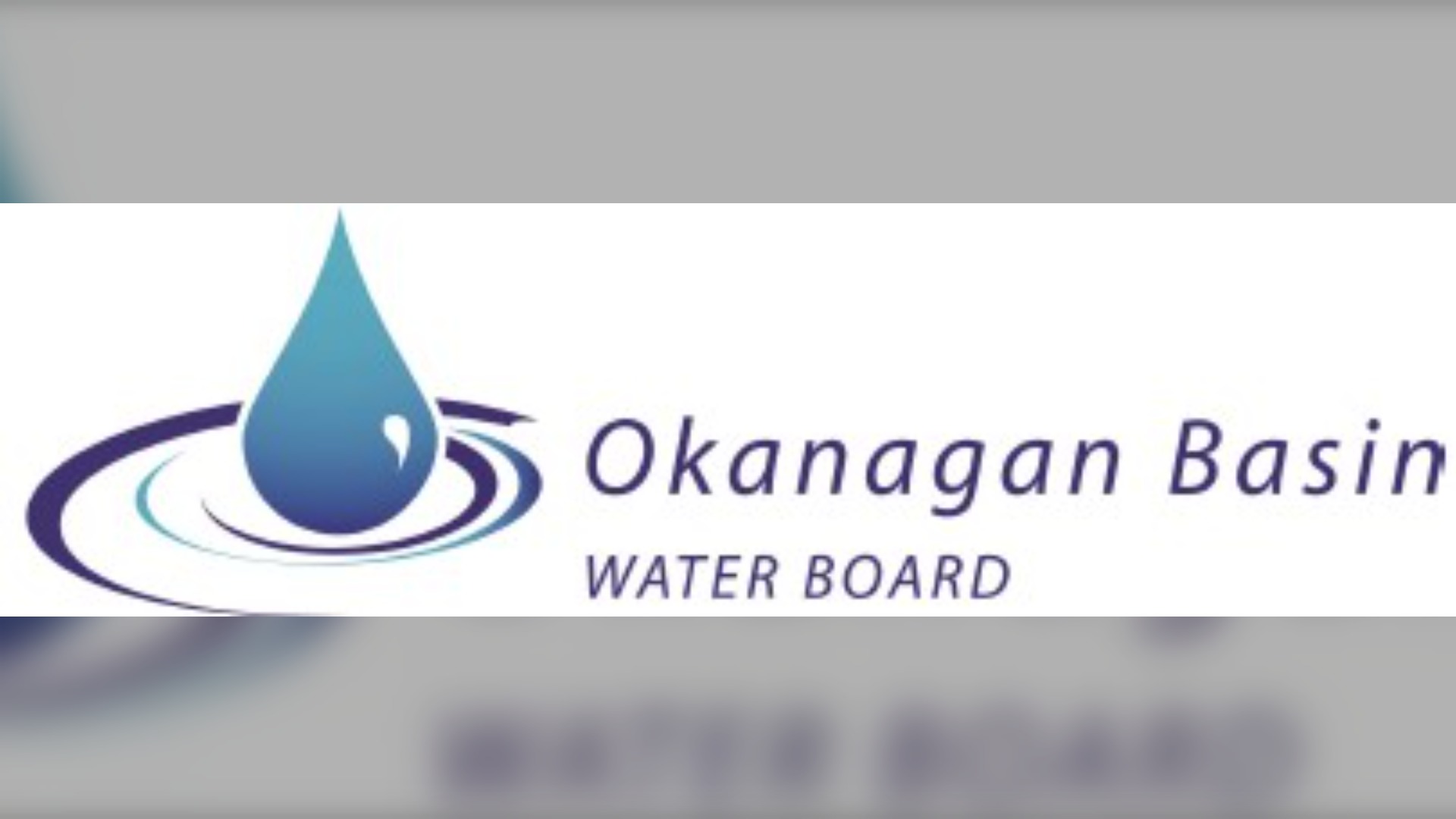Water Board Directors share water priorities across Okanagan communities: Directors discussed their recent attendance at the 2024 UBCM Convention, where they met with fellow local government elected officials.
Okanagan Basin Water Board report highlights for October 2024

Communities across the province are facing increasing infrastructure costs for water filtration and treatment, while having little authority to protect source waters. As noted by Okanagan Nation Alliance Director, Tim Lezard, “If people didn’t pollute, we wouldn’t have to pay to clean it up. We are basically subsidizing polluters.” Directors stressed the importance of working together with all partners because the least expensive treatment option is to have clean source water in the first place. The board heard that OBWB is working on a number of initiatives and partnerships for source protection which will be reported in the following months.
Board Directors hear about new real-time hydrometric data: The Okanagan Basin Water Board (OBWB), in collaboration with the Okanagan Nation Alliance (ONA) Fisheries Department, is enhancing its communication tool to provide real-time hydrometric data aligned with stream-specific fish and environmental flow requirements. Recent data reveals that several Okanagan streams experienced stress in September, a crucial period for spawning fish when water demand peaks. This situation emphasizes the need for reliable hydrometric data to inform water management decisions that benefit both local communities and ecosystems. Notably, the EFN Explorer highlights streams falling below their Environmental Flow Needs, with Mission Creek illustrated in detail to provide further context.
Directors receive Summary of the 2024 drought: Board Directors heard that the Okanagan region started out at drought level 2 in May 2024 due to low snowpack and a continuation of severe drought conditions left over from fall 2023. Although the drought level was raised to 3, and high summer temperatures threatened to exacerbate conditions. Periodic rain through spring and into summer helped alleviate the dry start, although streamflow varied by stream, affecting fish spawning and ecosystem health in some areas. Cooler stream temperatures in late summer and the end of the irrigation season should alleviate some strain, with a predicted La Nina winter, bringing an increased chance of recharge.
New permit to allow expanded milfoil control options while protecting the environment. The Board received the welcome news that an updated 5-year permit to manage milfoil in the Okanagan was received from the province. The new permit relies on updated maps of lakes in the Okanagan, accounting for all known aquatic habitat protections, and allowing treatment of new areas as needed. OBWB will follow referrals processes with Okanagan First Nations before adding new areas, and will be connecting with local governments and First Nations to ensure that milfoil control is provided in their high-priority areas like public beaches, swimming areas, boat launches and marinas. Milfoil has a number of negative economic, tourism, and water quality effects, and can become a hazard for swimmers and boaters. The new permit allows for a more agile, science-based response to invasive weed management in the Okanagan.